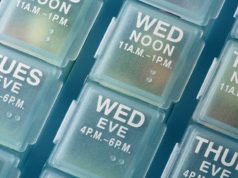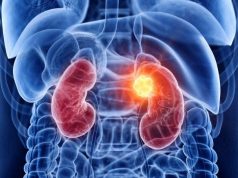Generally favorable effect seen in terms of number of new gadolinium-enhancing T1-weighted lesions at week 12
By Elana Gotkine HealthDay Reporter
WEDNESDAY, Feb. 14, 2024 (HealthDay News) — For patients with relapsing multiple sclerosis, the anti-CD40L monoclonal antibody frexalimab has a favorable effect on the number of new gadolinium-enhancing T1-weighted lesions, according to a study published in the Feb. 15 issue of the New England Journal of Medicine.
Patrick Vermersch, M.D., Ph.D., from the University of Lille in France, and colleagues conducted a phase 2, double-blind trial to examine frexalimab treatment for relapsing multiple sclerosis. Patients were assigned to receive 1,200 mg of frexalimab administered intravenously every four weeks, 300 mg frexalimab administered subcutaneously every two weeks, or the matching placebos for each active treatment in a 4:4:1:1 ratio; 125 patients completed the 12-week double-blind period.
The researchers found that the adjusted mean number of new gadolinium-enhancing T1-weighted lesions was 0.2 and 0.3 in the groups that received 1,200 and 300 mg frexalimab, respectively, compared with 1.4 in the pooled placebo group. Compared with placebo, the rate ratios were 0.11 and 0.21 in the 1,200 and 300 mg frexalimab groups, respectively. For secondary imaging end points, the results were generally in the same direction as those for the primary analysis. COVID-19 and headaches were the most common adverse events.
“Treatment with the anti-CD40L monoclonal antibody frexalimab had a generally favorable effect, as compared with placebo, on the number of new gadolinium-enhancing T1-weighted lesions at week 12,” the authors write. “Larger and longer trials are needed to determine the long-term efficacy and safety of frexalimab in persons with relapsing multiple sclerosis.”
The study was funded by Sanofi, which is developing frexalimab.
Abstract/Full Text (subscription or payment may be required)
Editorial (subscription or payment may be required)
Copyright © 2024 HealthDay. All rights reserved.








